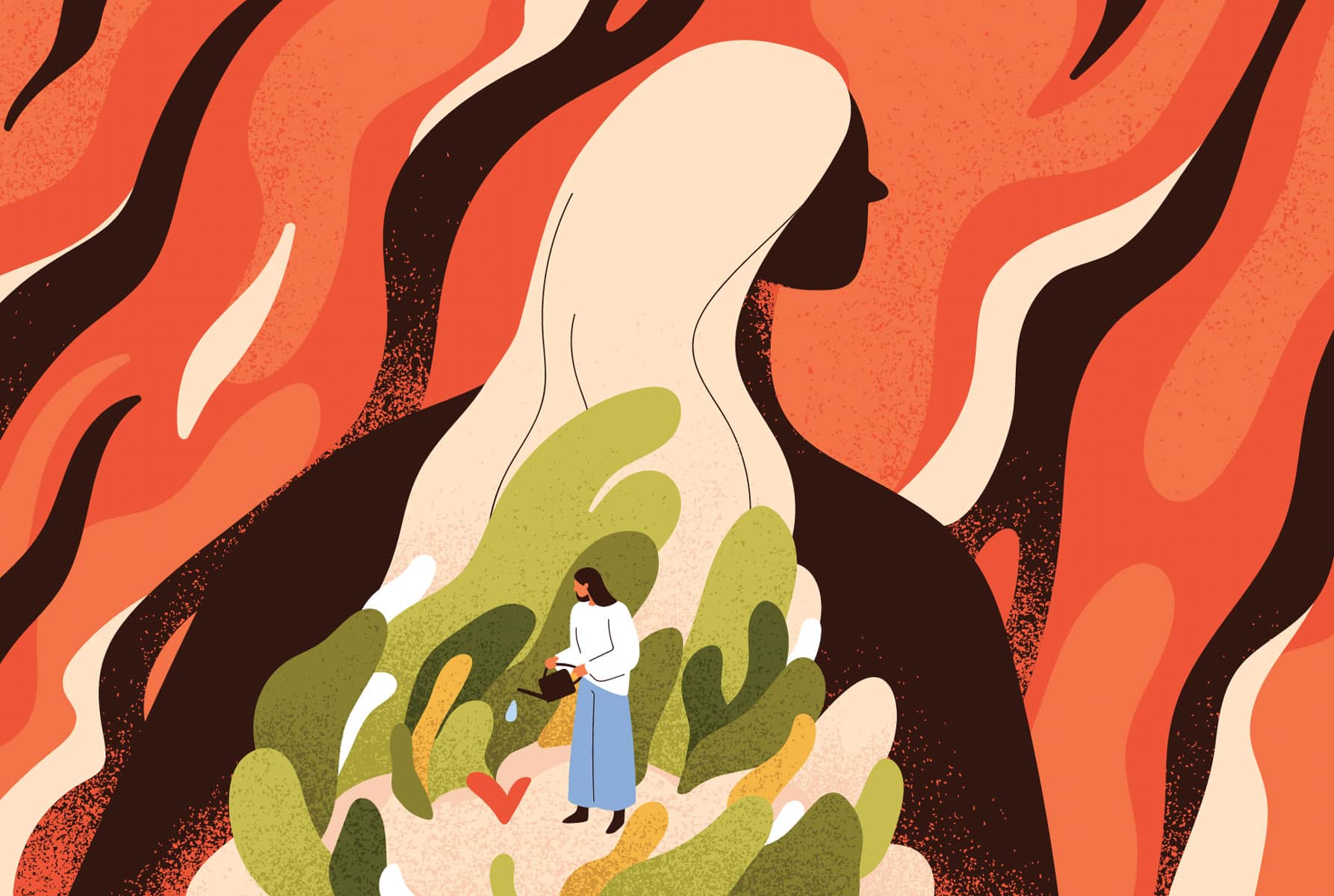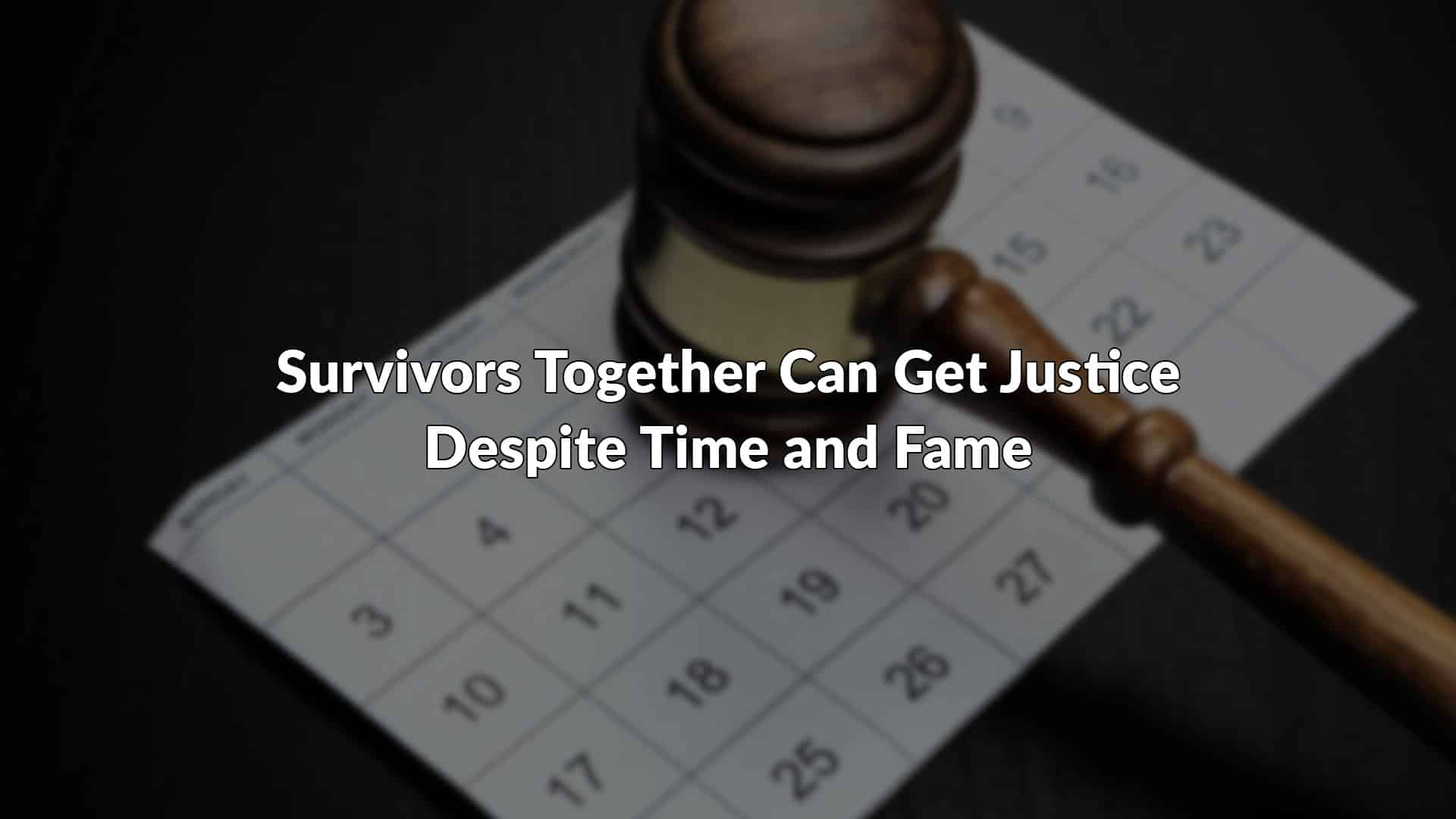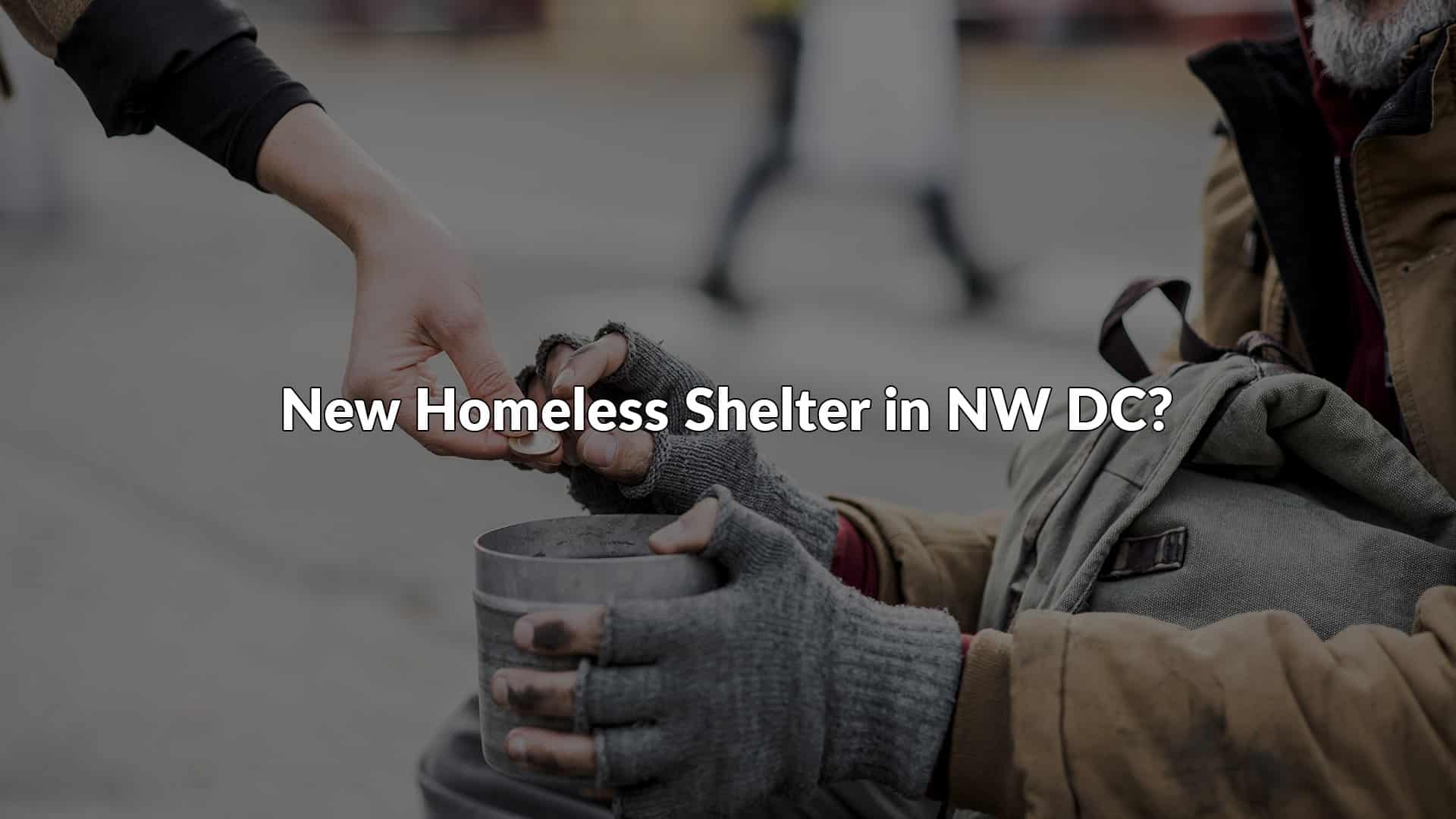A study published this past July examines the connections between incarcerated girls and their histories of abuse. “The Sexual Abuse to Prison Pipeline: The Girls’ Story,” co-authored by members of the Human Rights Project for Girls, the Georgetown Law Center on Poverty and Inequality, and the Ms. Foundation for Women,[1] explores how previous sexual abuse leaves girls at greater risk of being incarcerated. Many of the crimes girls are imprisoned for actually mirror indicators of sexual abuse, such as truancy and running away. The problem of victimized girls being incarcerated rather than helped is exemplified in the issue of sex trafficking. When the welfare of a girl is endangered, either through abuse or an unsafe home environment, she is at high risk of being trafficked because traffickers target girls in vulnerable situations. These girls are often then arrested on charges of prostitution, rather than treated like the underage victims they are.
The study presents policy solutions for protecting trafficked girls from the trauma of incarceration. It first proposes that children engaged in the commercial sex trade no longer be arrested for prostitution on the basis that they are minors below the age of consent. The study also advocates for universal safe harbor laws. Such laws would grant immunity to victims for those charges that directly resulted from their trafficking, and would fund diversion programs for those who could not receive immunity. These programs would keep children from both entering the prison system and acquiring a record. Instead, they would be provided with vital services like treatment, education, job training, and family support.
The Amara Legal Center has been key in encouraging the D.C. Council to enact similar solutions in the D.C. area. Amara testified at the hearing for the D.C. Sex Trafficking of Minors Prevention Amendment Act of 2014.[2] This act, which was passed in December 2014 and went into effect in May 2015, amends several previous acts relating to human trafficking and child sexual abuse. As a part of the act, missing children under the care of District agencies will be reported to the police department and in the case of critically missing children, the National Center for Missing and Exploited Children will be alerted. It also requires additional training for members of the Metropolitan Police Department and the Child and Family Services Agency in recognizing trafficking and informing victims of available services, as well as the public posting of the national human trafficking hotline. Most importantly, the act grants immunity to all minors in the commercial sex trade, viewing them as sex trafficking victims and not criminals. Amara’s own mission and work closely align with the goals of both the Sex Trafficking of Minors Prevention Amendment Act of 2014 and the universal safe harbor act proposed by the pipeline study, which is to treat minor victims of sex trafficking as victims, not as criminals. Amara is thankful that minors in D.C. can no longer be arrested for prostitution and will instead be diverted to social services.
By Kathleen Daly
[1] Saar, Malika Saada, Rebecca Epstein, Lindsay Rosenthal, and Yasmin Vafa. The Sexual Abuse to Prison Pipeline: The Girls’ Story. Rep. Washington, DC: Human Rights Project for Girls, 2015. Print.
[2] Sex Trafficking of Minors Prevention Amendment Act of 2014, L20-0276, (7 May 2015).
Kathleen Daly is a junior at Georgetown University pursuing a Bachelor of Arts degree in Classics. She became interested in anti-trafficking initiatives in high school, and has since volunteered with several organizations that aid victims of sex trafficking and domestic violence. She is excited to continue spreading awareness about human trafficking by interning at Amara.



